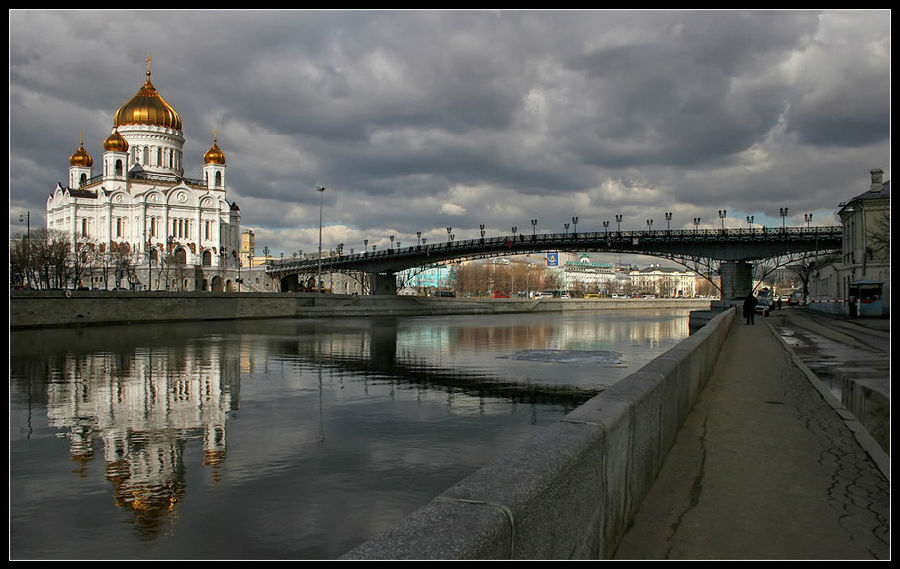The Japanese sneak attack had indeed united the Russian people behind their Tsar, but not for long.
日軍的偷襲的確讓俄國人民在沙皇的身后聚集起來了,但這并不長久
Large parts of rural Russia were suffering from a series of bad crops.
俄國廣大的農村地區都在遭受著歉收
And the starving peasants revolted.
饑餓的農民開始造反
As in previous uprisings, they started burning the homes and farms of the large land owners,
跟以前的起義一樣,他們開始燒毀大地主的家園和土地
but this did not get them much attention during war time.
但在戰爭期間人們卻并沒有給予此事足夠重視
The workers of St. Petersburg, oppressed by terrible working conditions and spiraling prices, ended 1904 with a massive strike.
圣彼得堡的工人被惡劣的工作環境壓迫,忍受著不斷升高的價格,終于在1904年爆發了大規模罷工
On January 9th, 1905, a group of workers led by Father Georgi Gapon
1905年2月9日,一隊工人在神父格奧爾基·加邦的帶領下

marched to the Winter Palace to present their Tsar a polite, respectful petition asking for universal suffrage, better working conditions, and an end to the war.
向冬宮進發,呈遞給沙皇一份要求普選權,改善條件,要求結束戰爭的禮貌而客氣的請愿書
What they got instead was a hail of bullets from the Tsars bodyguards.
而他們卻從沙皇的保鏢那里迎來了機槍的掃射
More than 1,000 people were killed.
一千多人被殺
This was the spark that let the powder keg blow up.
這場事件點燃了火藥桶
Terrorism ran wild, assassinations were common.
恐怖主義猖獗,刺殺行動變得非常常見
In February 1905, the governor of Moscow, Nicholas' uncle, Grand Duke Sergei, was blown up by a terrorist bomb.
1905年二月份,莫斯科總督,尼古拉的叔叔謝爾蓋大公死于恐怖分子爆炸襲擊
Save for the land owners, who certainly had their own separate issues, all Russia it seemed had a legitimate grudge against Tsar Nicholas' misrule.
除了地主階級,他們當然有自身特殊的利益,所有俄羅斯人似乎都對沙皇義憤填膺












